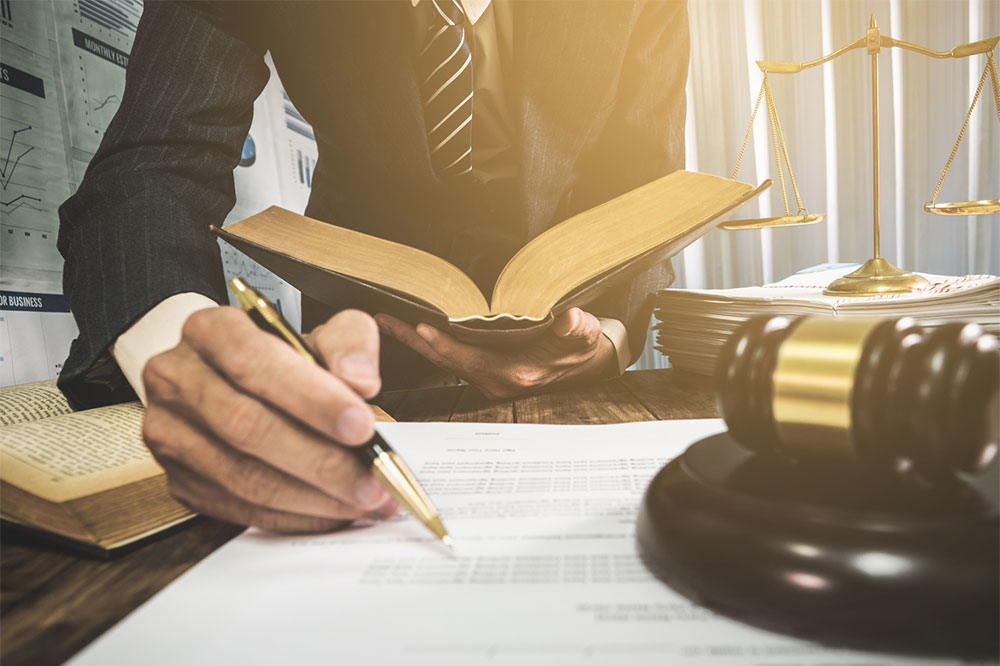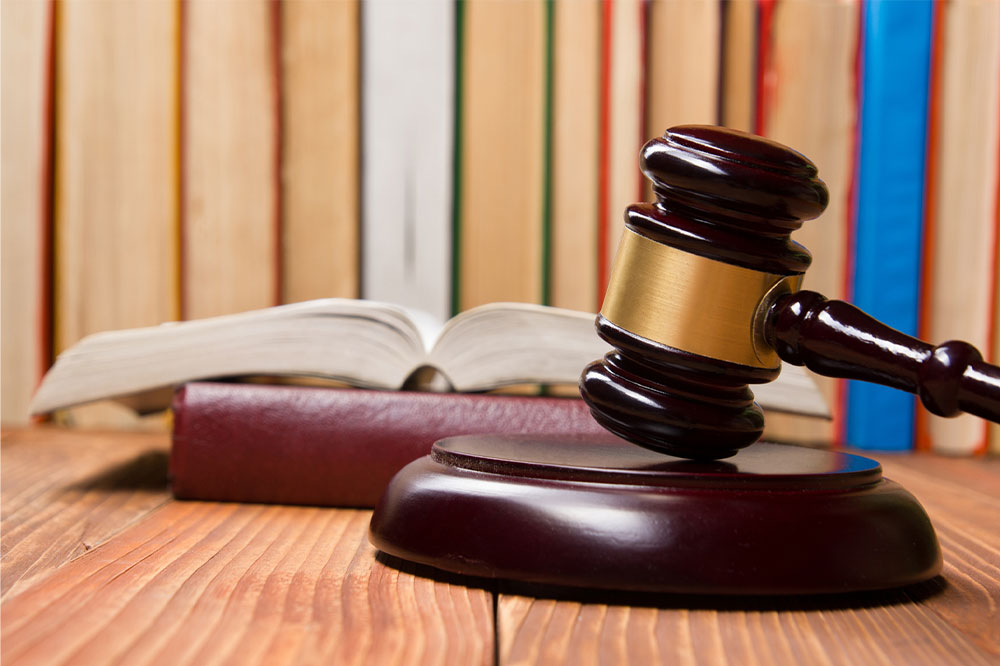Key Responsibilities of a Personal Injury Attorney
This article explores the primary responsibilities of personal injury attorneys, highlighting their roles in case assessment, evidence collection, damages calculation, and negotiations. It emphasizes the importance of hiring a knowledgeable lawyer to navigate complex legal processes, ensuring clients receive fair compensation. Covering various case types and compensation methods, the piece underscores lawyer fee structures and the significance of strategic legal representation for injury victims.

Key Responsibilities of a Personal Injury Attorney
Experiencing any injury or damage can be overwhelming for both the individual and their loved ones. Engaging a personal injury attorney is essential because they excel at managing insurance claims and maximizing compensation. The process of handling legal documents, dedicating time, and effort for a lawsuit can be daunting—this is where a specialized lawyer’s support is invaluable.
What services do personal injury attorneys offer?
These attorneys are specialists in civil law, guiding clients through cases involving physical or emotional harm, financial setbacks, or negligence in settings like workplaces, restaurants, or daycare centers.
The core role of a personal injury attorney is to represent clients effectively and secure rightful compensation for their injuries or losses. Main responsibilities include:
Evaluating clients and cases
Attorneys analyze each case to determine potential damages and realistic settlement outcomes, ensuring clients are well-informed about their chances and options.
Gathering Evidence and Conducting Investigations
Personal injury attorneys collect relevant evidence—from accident scene photos and medical bills to witness testimonies—to establish liability and build a strong case for their clients.
Calculating Damages
Attorneys evaluate both immediate and long-term damages, considering factors like lost earnings, disabilities, or future medical needs. This comprehensive assessment helps determine a fair claim amount.
Interviewing Witnesses
Witness testimonies can significantly strengthen a case. Attorneys secure statements to demonstrate wrongful conduct and support the plaintiff’s claim effectively.
Preparing Legal Documents
When disputes arise, attorneys draft detailed complaints and legal motions, guiding the case through various phases of litigation.
Dealing with Insurance Companies
Lawyers manage communications and negotiations with insurance firms, ensuring clients’ interests are protected and guiding them on next steps.
Types of Cases Handled
Personal injury attorneys handle diverse cases including vehicle accidents, product defects, burns, nursing home abuse, and wrongful deaths.
Compensation Types
Compensation varies based on case severity, often covering medical expenses, lost wages, emotional distress, and ongoing care needs.
Lawyer Fees
Most personal injury lawyers work on a contingency basis, earning fees only if they successfully secure a settlement or judgment for the client. They typically evaluate cases before taking them on.










